Winter 2023
Impact Report
Accelerating the pace of change
RMI’s vision of a clean energy future commits us to THINK bigger, DO boldly, and SCALE globally.
Download
Manage your subscriptions to RMI emails. Let us know your specific interests, and we'll keep you updated accordingly. [static]
A Letter from the CEO
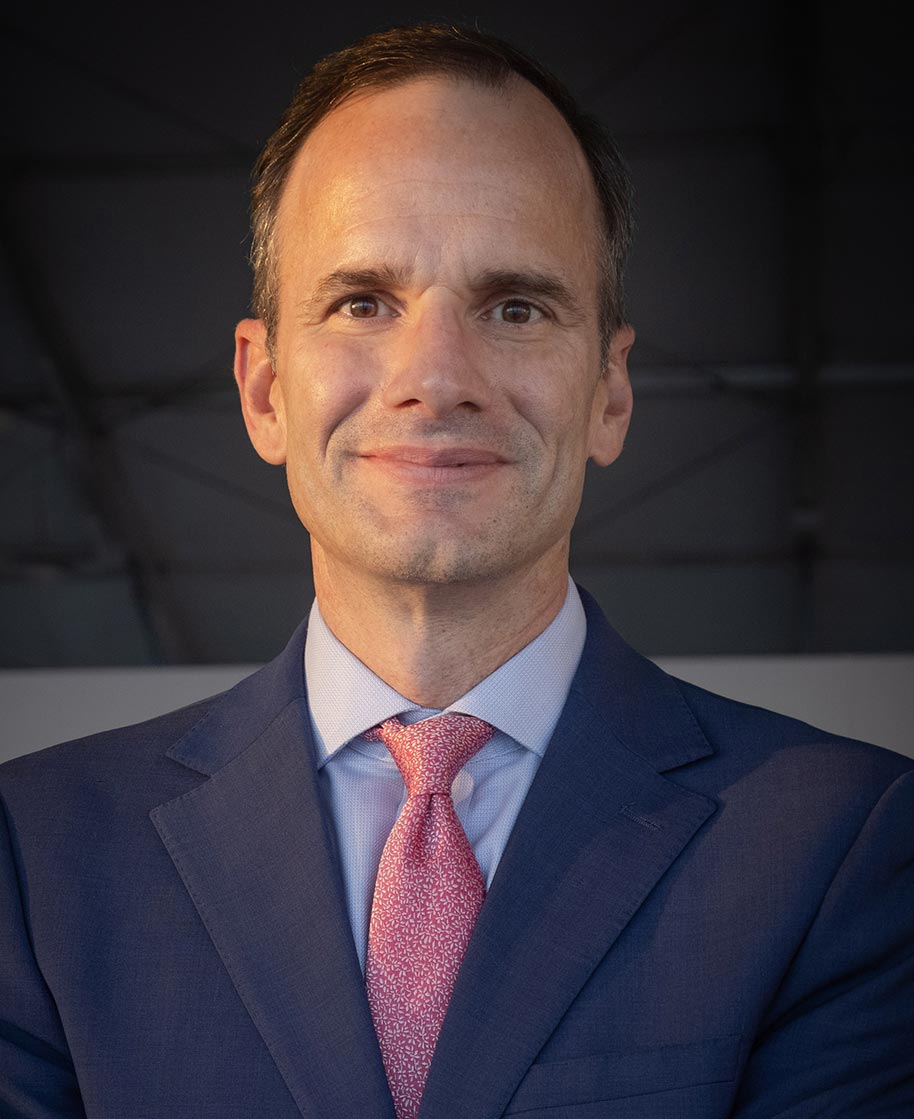
Thank you for helping make RMI the world-class organization we are.
Looking back at 2022, your support has helped us grow, take on new challenges, and multiply our impact on the global energy transition. Our experts were quoted and featured in thousands of media articles worldwide, including top-tier outlets like The New York Times, The Guardian, The Washington Post, and many more. We influenced the decision-makers globally through dozens of implementation projects, new reports, initiatives, cohorts, and coalitions ready for action. I am particularly proud of the role we played in shaping — and now implementing — the historic Inflation Reduction Act, which has the potential to reduce emissions by 40 percent in the United States and shift the course of global climate efforts.
This Impact Report is just a small snapshot of what we've accomplished, and it is only possible with your support. We remain incredibly thankful for your partnership.
Sincerely,
Jon Creyts
CEO
Think
Using our deep analysis to understand the landscape of energy issues and test what might be possible.

12.7% of childhood current asthma in the United States can be linked to gas stove use.
Findings from the new peer-reviewed study put gas stove pollution at a similar asthma risk to secondhand smoke exposure, adding to a growing body of research on gas stoves' health impacts. Transitioning to healthier, cleaner alternatives — like induction stoves or other electric cooking options — is now easier with IRA incentives.
Related Content
Brady Seals Explains on Twitter Peer-reviewed study: Population Attributable Fraction of Gas Stoves and Childhood Asthma in the United States Gas stoves can harm your health — and scientists have known that for decades Gas Stove Health Concerns: What to Know and How to Reduce Your Risk Induction Cooktops and Ranges Are So Good You May Not Miss Your Gas Appliance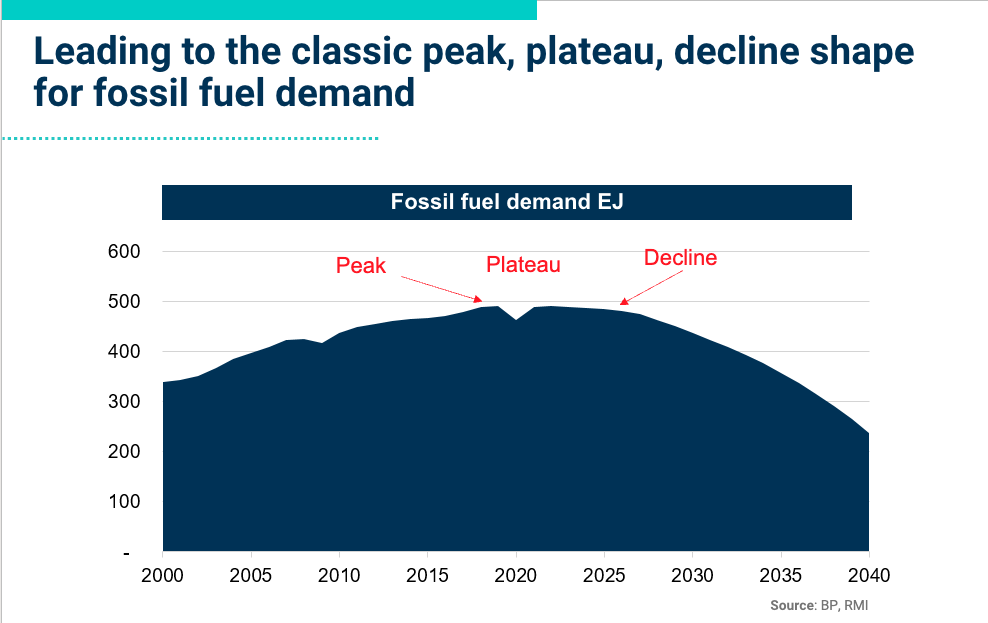
Our energy transition analysis "peaked" high-level global interest.
RMI experts Kingsmill Bond and Sam Butler-Sloss present an insurgent view of the energy transition, illustrating how rapid energy technology change is inevitable and beneficial. Influencers and decision makers around the world took notice, including bankers, investors, politicians in the UK Labour Party, and US Special Presidential Envoy for Climate John Kerry's office, prompting more inquiries and requests for presentations.

Two RMI papers provide guidance for using finance to help decarbonize the power sector.
The Center for Climate-Aligned Finance papers address the role of private financial institutions in the managed phaseout of coal power and lay out financial instruments for transition while securing risk-adjusted returns. The findings can help accelerate the phase-out of high-emissions technology across many sectors.
Related Content
Metrics and Mechanisms to Finance a Managed Coal Phaseout To get rid of coal power, we need smarter coal finance Guidelines for Financing a Credible Coal Transition How to Retire Early: Making Accelerated Coal Phaseout Feasible and Just (2020) Financing the Coal Transition: Pragmatic Solutions to Accelerate an Equitable, Clean Energy Future (2021)Do
Piloting our novel solutions to prove they are feasible and economical.
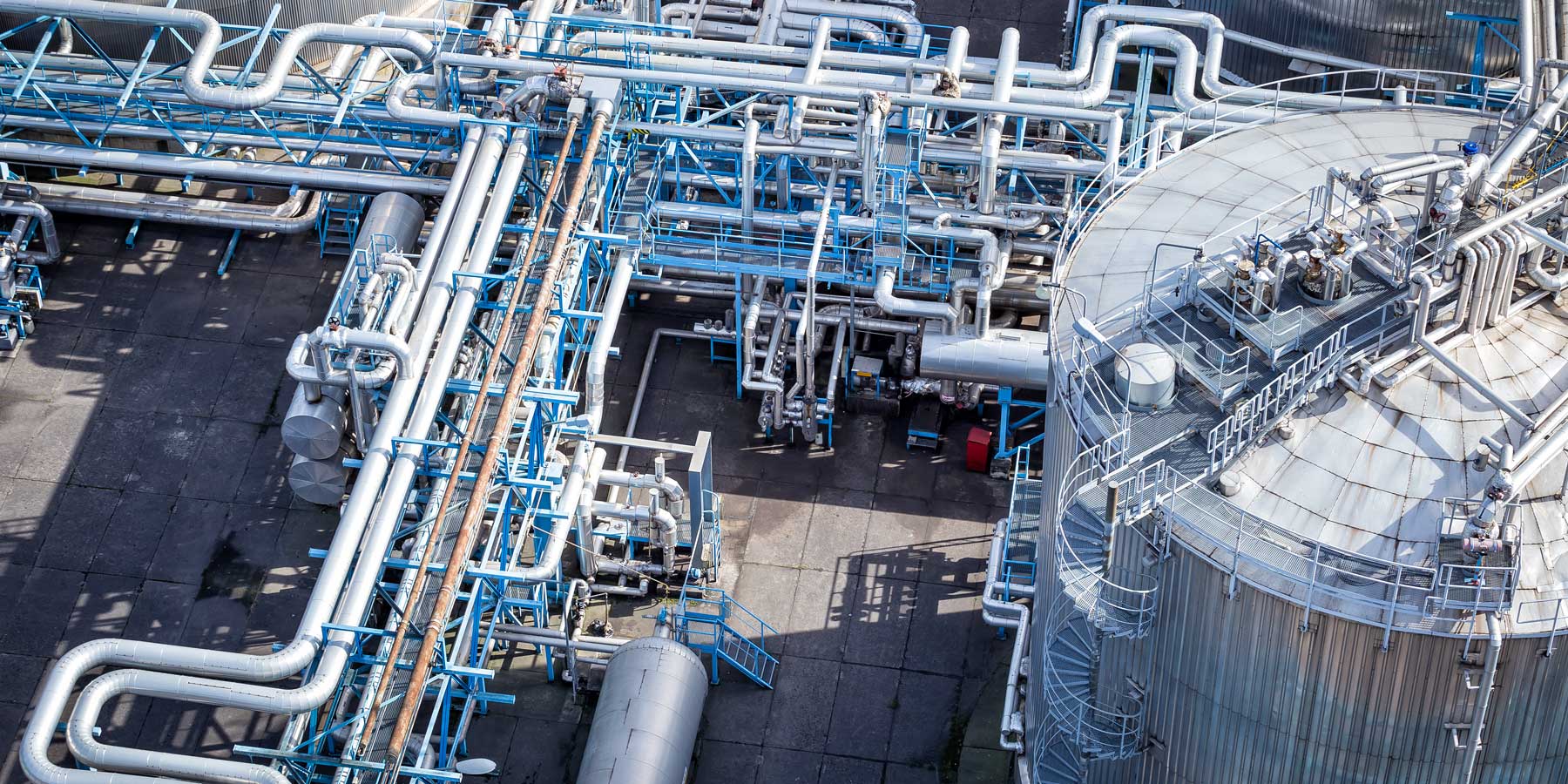
A gas certification agreement could cut CO2 equivalent emissions by ~28,000 tons.
Washington Gas will supply its National Capital Region customers with MIQ-certified natural gas. MIQ, established by RMI and SYSTEMIQ, independently certifies the methane intensity of each 1 MMBtu of natural gas, providing the market with the data needed to reduce emissions. The deal represents a reduction in production segment emissions that is the equivalent to removing 6000+ gas-powered cars from the road per year.
Related Content
Washington, D.C., Maryland and Virginia to be Supplied With Natural Gas Certified by MiQ MiQ Independently Certifies 17% of US Natural Gas Supply in First Year Virginia Natural Gas procures additional Next Generation Natural Gas as part of its commitment to reduce greenhouse gas emissions Bloom Energy to Accelerate Development of Market for Certified Low-Methane Natural Gas Rocky Mountain Institute (RMI) and SYSTEMIQ launch MiQ to tackle methane emissions from the oil and gas sector (2020)
Emitters of 50% of Southeast Asia's carbon are ready to transition from coal.
RMI is helping the governments of Indonesia and Vietnam develop models and financial analyses for decarbonization. In parallel, we are encouraging G7 countries to share clean energy technology and provide more development and philanthropic funding to the region.
Scale
Working in global markets to scale proven solutions and address the climate challenge.
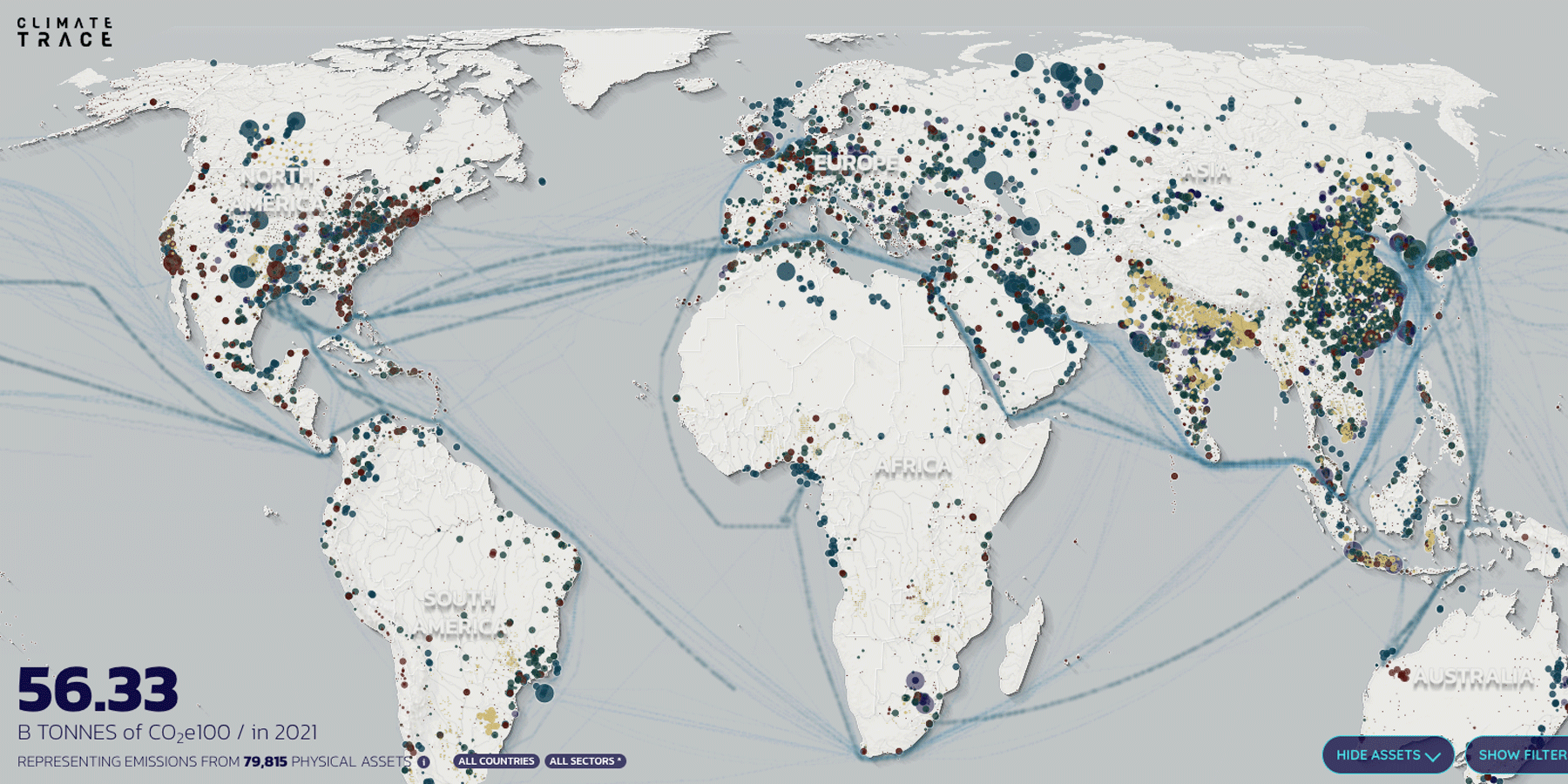
More than 70,000 of the world's biggest climate polluters are now mapped.
Climate TRACE — a database of the world's greenhouse gas emissions — released its first facility-level inventory, covering more than 72,000 sources of emissions. RMI leads the work on modeling emissions from oil refining and oil and gas production.
Related Content
This map shows exactly where 70,000 of the world's biggest polluters are located Two Major Oil and Gas Emissions Trends Revealed by Climate TRACE This Year RMI's role in ClimateTRACE“Pinpointing those facilities that are both high intensity and high volume gives business, investors, policymakers, and consumers a clear indication of which assets to target first for emissions reduction or decommissioning.”
— Deborah Gordon, Senior Principal, RMI
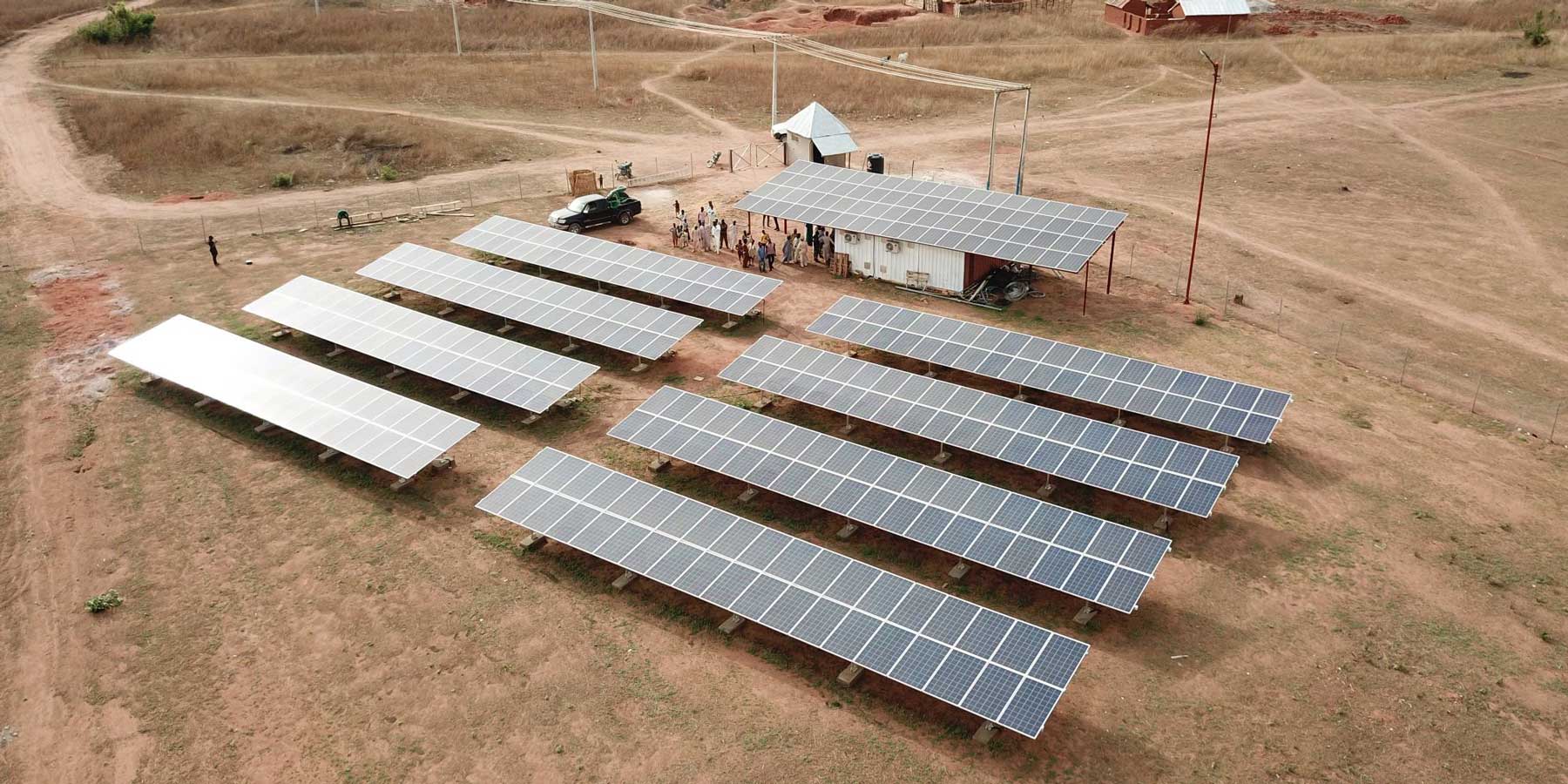
Minigrids can bring electricity to 265 million people in 21 African countries by 2030.
The Africa Minigrids Program, with funding led by the Global Environment Facility, and implemented by UNDP in partnership with national governments, RMI, and the African Development Bank, will help countries scale up and deploy renewable energy minigrids. Minigrids are independent, decentralized electricity networks that can function separately from a national or regional grid. The program aims to improve the financial viability and promote scaled up commercial investment in this approach. US$65 billion, mostly private sector investments, will fund 110,000 minigrids within the program countries, bringing electricity to 200,000+ schools and clinics, and 900,000+ businesses.
Related Content
[VIDEO] UNDP Climate: The Africa Minigrids Program The Africa Minigrids Program (AMP) is UNDP's most ambitious energy access program to date. Climate & Cocktails with Ahunna Eziakonwa: The Africa Minigrids Program Africa Minigrids Program – Transforming energy markets by promoting scaled-up commercial investments in solar battery minigrids in Africa ‘Minigrids for Africa': calling for energy access for all Africans at COP27 New initiative to transform energy markets, bringing electricity and new development opportunities, in over 20 African countries Light is life by United Nations Development ProgrammeImpact Spotlight
Turbocharging US Climate Investment

The historic Inflation Reduction Act (IRA) is the single largest action taken by the United States to address the climate crisis. The IRA's $369 billion in tax credits and incentives have the potential to leverage trillions of dollars in additional climate investment and revitalize communities throughout the country.
RMI provided analysis and directly advanced key provisions of this legislation, working closely with other NGOs, businesses, communities, scientists, policymakers, advocacy groups, and the Biden Administration. This included design and analysis support for the Energy Infrastructure Reinvestment program and the Battery Manufacturing Credit, tax credit optimization for solar and hydrogen applications of the Production Tax Credit and helping ensure low-income household eligibility for building electrification incentives, home efficiency, and EV-focused programs and credits.
While the IRA is projected to reduce US emissions by 40 percent, RMI believes it can go much further. But many provisions have expiration dates, so opportunities to realize its impacts are fleeting, and without skillful implementation, the full potential of this legislation will not be realized. RMI — because we work directly with the entities that are ensuring outcomes of the IRA — is well positioned to help drive this next phase forward. We are actively focused on strategic implementation, and the next few years are critical.
Team Spotlight

Mahlet Eyassu Melkie, senior associate with RMI's Climate Finance Access Network, uses her deep experience in international climate negotiations to help countries — especially in Africa — establish ambitious global climate targets for the New Collective Quantified Goal on Climate Finance, or NCQG.
“Developing countries are not responsible for the climate crisis yet are the most affected. Unless there is action by all countries, we can't overcome this crisis. While developing countries have climate plans and strategies, what they really require is the financing and human resources to implement them. My work is to ensure that they have what they need to adapt and mitigate further climate emissions.”
In case you missed it
More and more, RMI influences the collective conversation and informs decision makers' work. With surging interest in climate- and energy-related news, along with increased content and more sophisticated storytelling, RMI.org 19 percent growth in overall visitors, including 20 percent growth in new users.
Donate
DOUBLE your impact on our shift to clean energy!
A generous donor is doubling all gifts, up to a total of $100,000, through June 30, 2024. Your gift helps RMI increase access to safer, healthier, and cleaner energy in more communities.
The shift to clean energy starts locally. It starts with you.
Donate